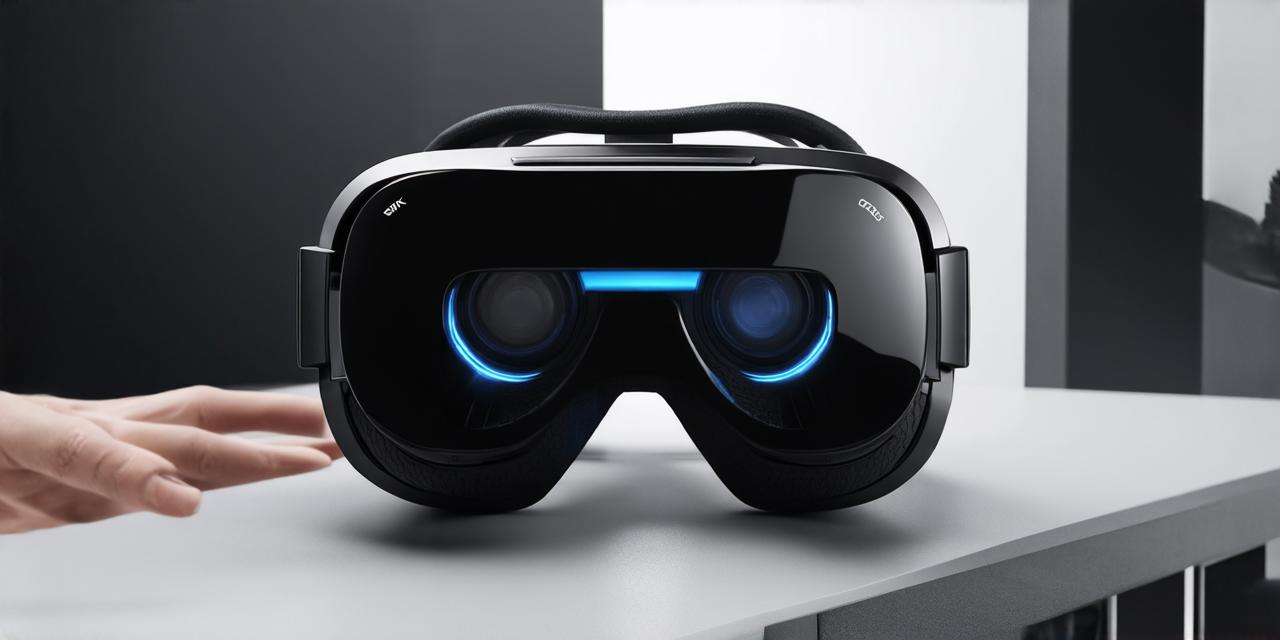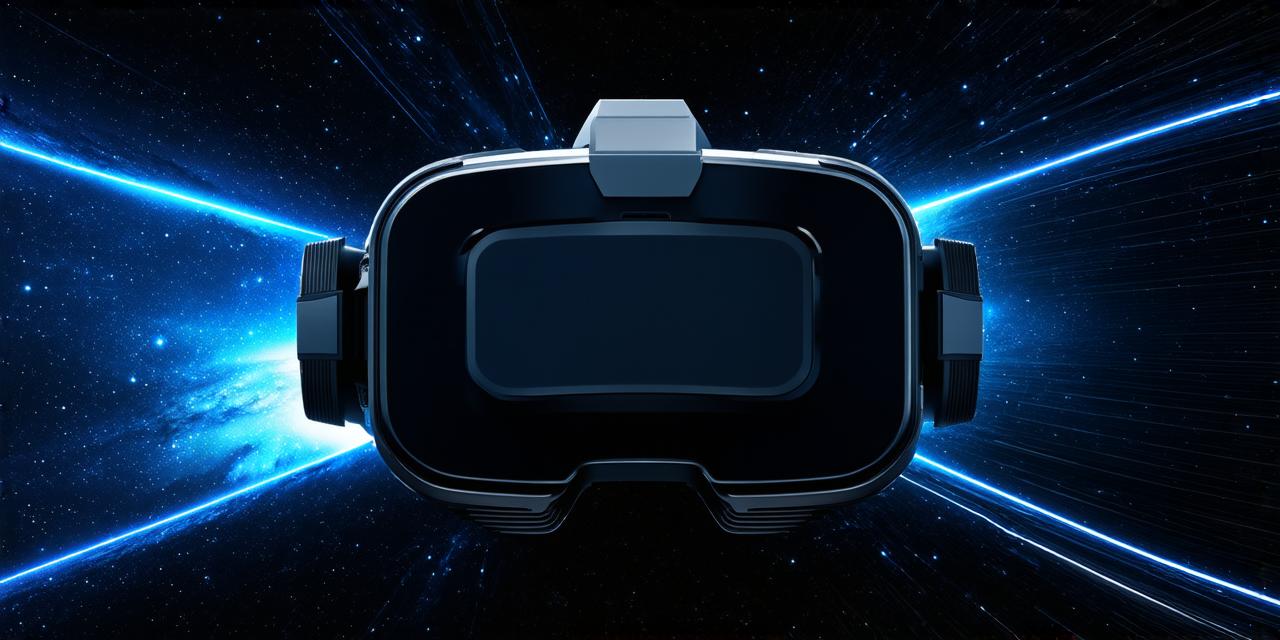Virtual reality (VR) is a rapidly growing technology that has the potential to revolutionize many industries, from gaming and entertainment to healthcare and education. However, as with any new technology, there are certain skills and competencies that are necessary for effective engagement in VR experiences. In this article, we will explore what these competencies are and how they can be developed.
1. Technical knowledge
One of the most important competencies for engaging with virtual reality is technical knowledge. This includes understanding the hardware and software requirements for running VR experiences, as well as how to troubleshoot common issues that may arise. In addition, it is important to have a basic understanding of programming and scripting languages, such as C++ and Java, which are commonly used in VR development.
2. Spatial awareness
Another important competency for engaging with virtual reality is spatial awareness. This refers to the ability to navigate and interact with virtual environments in a way that feels natural and intuitive. In order to develop good spatial awareness, it is important to practice regularly in VR environments and to pay attention to how your body moves and interacts with the virtual world around you.
3. Adaptability
Virtual reality experiences can be very immersive and overwhelming, especially for those who are new to the technology. As such, adaptability is a key competency for engaging with VR. This means being able to quickly adjust to new environments and situations, as well as being open to learning and trying new things.

4. Creativity
Virtual reality provides a unique platform for creative expression, from designing and building virtual environments to creating interactive experiences that can be shared with others. In order to fully engage with VR, it is important to have a strong sense of creativity and an ability to think outside the box.
5. Communication skills
Finally, strong communication skills are essential for engaging with virtual reality. This includes being able to effectively communicate with others in real life who may be involved in the development or use of VR experiences, as well as being able to communicate clearly and concisely within virtual environments themselves.
In conclusion, engaging with virtual reality requires a combination of technical knowledge, spatial awareness, adaptability, creativity, and strong communication skills. By developing these competencies, individuals can fully take advantage of the opportunities and benefits that virtual reality has to offer.



